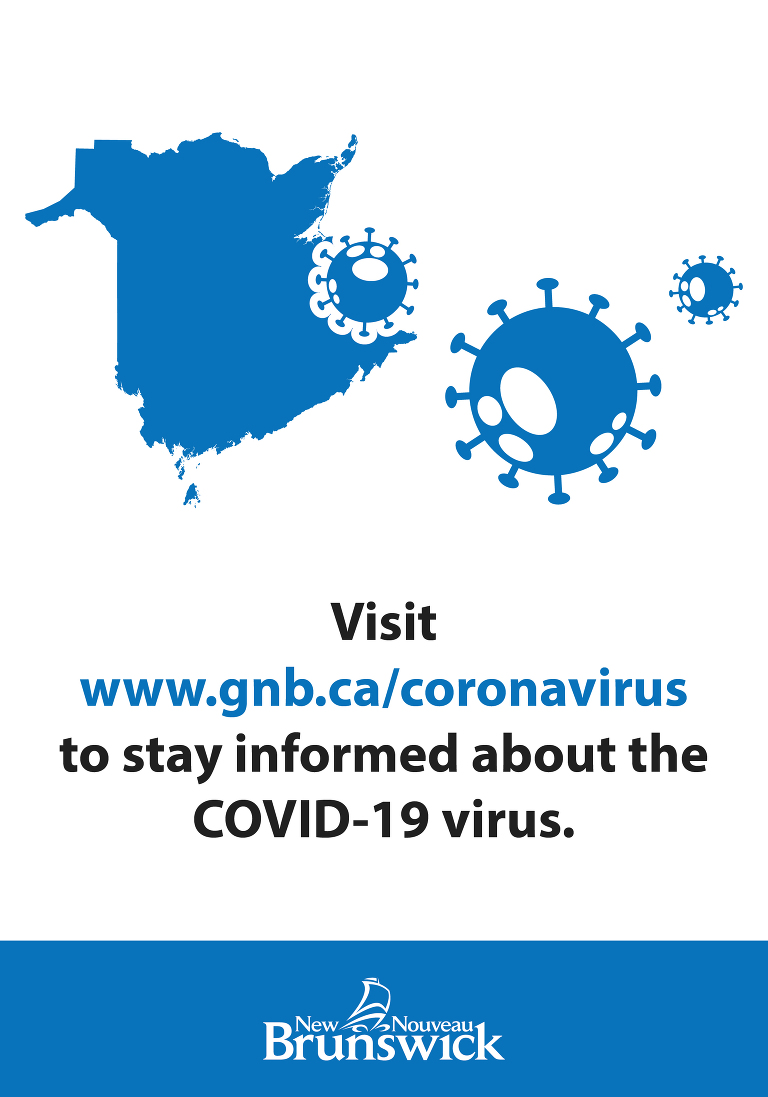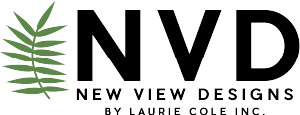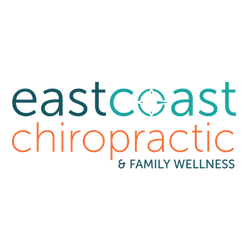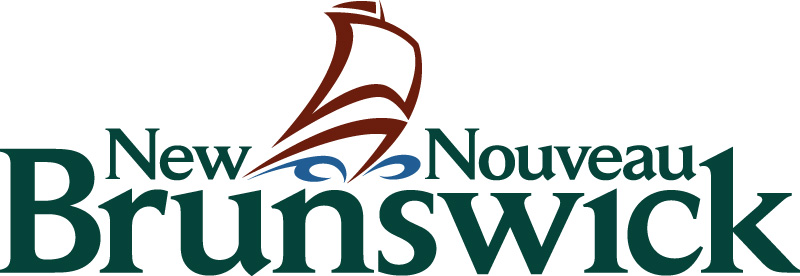.png)
This post is presented by Kristin Brown of Grounded Health
When you first started deciding to try to get pregnant or when you first found out you were pregnant, you likely got the advice to start taking a prenatal vitamin daily. This supplement can give us a false sense of security that we are getting all of the nutrients that baby needs to grow optimally. I don’t write this article to scare you, but rather to give you the information that you need to boost the nutritional quality of your diet to best support your growing baby.
1. Choline
Choline is a vitamin in the B family that has only really been discussed in the past few years (chances are, you’ve never even heard of it!) In the pregnancy world, we focus mostly on folate but choline is arguably just as important. Choline is important in pregnancy for fetal brain development, to prevent neural tube defects and for optimal placental function.
The recommended daily intake of choline during pregnancy is set at 450 mg (and 550 mg per day while breastfeeding).
There is around 147 mg of choline in 1 large egg yolk and egg yolks are one of the best sources of choline in the diet (liver is also a great source, but we won’t go there today 😉 ). If you don’t consume eggs, there are other food sources of choline, however the quantity in which you would have to eat these foods to get the adequate 450/550 mg per day is very high.
.png) Choline is not in many prenatal vitamins, so if your prenatal is lacking choline, please make sure that you’re incorporating enough through your diet. If you can’t eat eggs, be sure to pick up a prenatal that contains choline and make up the rest with your diet.
Choline is not in many prenatal vitamins, so if your prenatal is lacking choline, please make sure that you’re incorporating enough through your diet. If you can’t eat eggs, be sure to pick up a prenatal that contains choline and make up the rest with your diet.
2. Adequate amounts of Vitamin D
I talked about vitamin D in my last post (it’s THAT important, ladies) but this article wouldn’t be complete without discussing it again here. Vitamin D is known as the sunshine vitamin and we are able to make vitamin D from exposing enough unprotected skin to strong sunlight for a long enough period.
From October to May in Canada, there is a very good chance that we are not getting enough vitamin D from sunlight or from our diet and a supplement is almost always necessary.
The recommended daily intake of vitamin D is set at 600 IU/day (most prenatal vitamins have a vitamin D amount around this number), however, several studies have found that supplementation at this level is not enough to maintain adequate vitamin D levels throughout pregnancy (especially if your vitamin D levels are already low pre-pregnancy). Vitamin D deficiency during pregnancy puts you at higher risk for having a low birth weight infant, developing gestational diabetes and preeclampsia. I recommend discussing supplemental doses with your personal health practitioner to determine what would be appropriate for you.
Let’s take a look at some of the food sources of vitamin D
.png)
.png)
Note: It was shared with me by Dr. Marie that if you’re working with a midwife in Fredericton that you will be able to get your vitamin D levels checked. This is something that I definitely recommend. It is always better to test and supplement appropriately than to blindly supplement.
3. DHA
DHA (docosahexaenoic acid) is member of the famous omega-3 fatty acid family (you’ve likely heard of omega-3 at some point and heard it’s importance in the diet). Omega-3 fats are called “essential” because we MUST get them from our diet.
DHA is found in the diet in food sources like fatty, cold water fish like salmon, herring, sardines and mackerel and is essential for the brain development of baby and for reducing inflammation in the body.
Research suggests that DHA supplementation may help prevent complications during pregnancy like preterm birth and low birthweight and improve cognition in infants.
An interesting fact: During the last 3 months of pregnancy, your baby accumulates approximately 67 mg of DHA per day! Remember – this fat is essential – meaning it MUST come from our diet. The minimum recommendation for DHA is 300 mg per day during pregnancy.
To give you an idea of where you can get DHA in your diet, I have outlined some sources below:
.png)
If you don’t love fish, I recommend a good quality omega-3 supplement. If you’re vegetarian or vegan, I recommend an algae-based omega-3 supplement, which is FAR superior to other omega-3 sources in the diet like flaxseed, chia seeds and walnuts (although these foods are still extremely healthy). Please do not rely on flaxseed, chia seeds or walnuts as your sole source of omega-3 fats in your diet (they contain a type of omega-3 fat called ALA, which must be converted into DHA and EPA in the body – this conversion is poor in most people). These foods are extremely healthy and would be a healthy part of your diet; I just don’t want you to rely on them for all of your omega-3 intake ☺.
I hope this gives you a good idea of where to look for some of the critical nutrients that may be low in your diet during the preconception/pregnancy period! Don’t hesitate to reach out on social media (@GroundedHealthRD on Instagram and Facebook) or at info@groundedhealth.ca if you have additional questions!
One final note, I will be guest speaking at Sequioa on May 16th from 6:30 pm – 7:30 pm and discussing all things upgrading the health in your home and having the healthiest preconception/pregnancy. There will be drinks and light snacks provided and this session is totally FREE – so I hope to see you there ☺
Yours in Health,

Head on over to the Grounded Health Facebook page or follow me on Instagram at @groundedhealthRD for more nutrition tips and tricks!
.png) Hi! My name is Kristin Brown and I am a Registered Dietitian and the owner of Grounded Health, a virtual nutrition consulting practice with clients across the country. In my practice, I work with women to optimize their health, boost their fertility and grow healthy babies using science-based nutrition and lifestyle practices.
Hi! My name is Kristin Brown and I am a Registered Dietitian and the owner of Grounded Health, a virtual nutrition consulting practice with clients across the country. In my practice, I work with women to optimize their health, boost their fertility and grow healthy babies using science-based nutrition and lifestyle practices.
Although I have been trained in mainstream dietetics, I am extremely passionate about functional medicine and I believe that balanced food choices is one of the best ways to keep our bodies and minds healthy.
When I am not busy connecting with my clients and writing blog posts and recording podcasts on the latest nutrition topics, I love being active and spending time with my husband, twin toddlers and dachshund, Nellie.
DISCLAIMER: THE CONTENTS OF THIS WEBSITE ARE FOR INFORMATIONAL PURPOSES ONLY. IT IS NOT INTENDED TO OFFER PERSONAL MEDICAL ADVICE, DIAGNOSE HEALTH PROBLEMS OR FOR TREATMENT PURPOSES. IT IS NOT A SUBSTITUTE FOR MEDICAL ADVICE PROVIDED BY A LICENSED AND QUALIFIED HEALTH PROFESSIONAL.
You might also like…



















